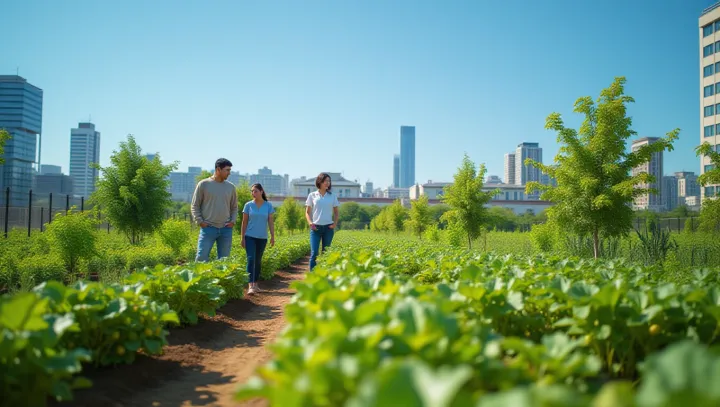Combating Food Waste: An Urgent Call

In the bustling metropolis of New York City, an ongoing challenge poses complex questions about future resource resilience: food waste. With approximately one-third of food produced globally lost or wasted, experts have raised alarms regarding its implications for resource conservation. Scholars and policymakers alike convene to address this pressing crisis, emphasizing the need for systemic solutions.
The staggering scale of food waste not only signifies a stark inefficiency in resource utilization but also exacerbates environmental burdens. Professor John Blake of Columbia University articulates, 'Reductions in food waste are pivotal in our race against resource depletion and climate change.' His insight echoes the necessity for collective action across agricultural, industrial, and consumer domains. Recent studies indicate that diminishing food waste could significantly alleviate pressure on land, water, and energy resources.
This notion aligns with sustainable development goals aimed at ensuring environmental stewardship. The urgency to act is underscored by climate experts who warn that without intervention, food waste will continue to strain an already fragile ecosystem. Practical initiatives have begun to surface, showcasing promising results in various regions.
From Seattle’s innovative composting programs to Tokyo’s meticulous waste separation systems, cities worldwide serve as beacons of possibility. These local frameworks exemplify the diverse strategies required to combat global food waste effectively. Reducing food waste transcends mere environmental appeal—it presents an ethical mandate.
By fostering a culture of mindful consumption and efficient resource management, society can inch closer to a sustainable equilibrium. As efforts intensify, the collective voice for prudent resource stewardship grows ever louder, ensuring a resilient world for future generations.
